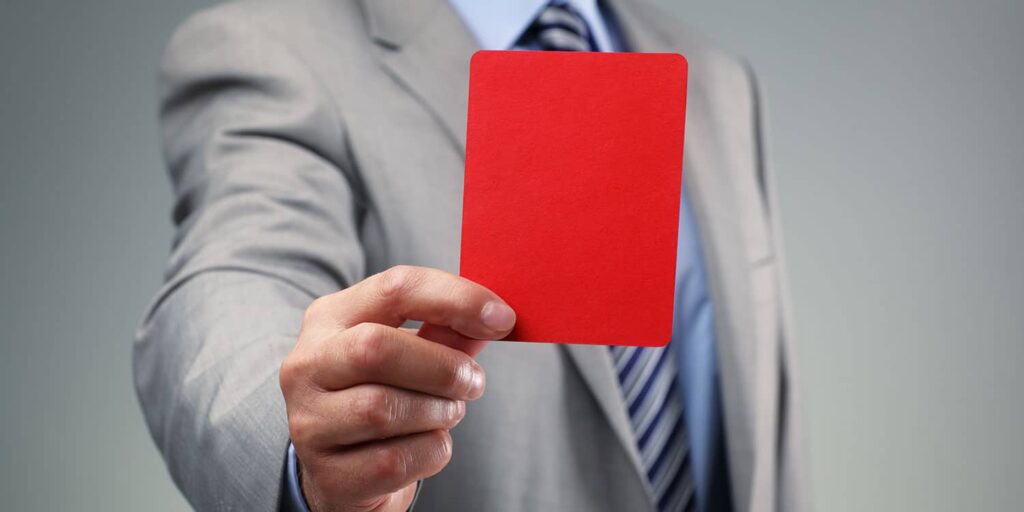
In the world of business, directors play a crucial role in steering companies towards success. However, when directors fail to meet their legal obligations, the consequences can be severe. Ranging from disqualification to lasting damage to one’s professional reputation. In this article, we delve into the intricacies of director disqualification, exploring what it entails, the consequences, and options for appeal.
What is Director Disqualification?
Director disqualification is a legal action that prevents a person from serving as a director or managing a company for a set period of time. This also applies to individuals with managerial responsibilities, even if they aren’t officially listed as directors. Most cases of disqualification arise from company insolvency, leading to potential investigations by the Insolvency Service, Companies House, the Competition and Markets Authority (CMA), the courts, or insolvency practitioners.
Several behaviors can lead to a director being deemed ‘unfit,’ including:
- Failing to file a confirmation statement or annual accounts
- Neglecting proper accounting records or submitting inaccurate accounts
- Defaulting on tax payments owed by the company
- Personally benefiting from the company’s assets
- Continuing to trade while the company is insolvent
Furthermore, as of October 2016, the updated ‘Disqualified Directors Compensation Orders’ legisation stipulates the possibility of directors, in some instances, being personally responsible for their company’s debts and any outstanding obligations to HMRC. This implies that, apart from the disqualification itself, directors may find themselves burdened with substantial financial responsibilities.
Consequences of Disqualification:
Disqualification can last up to 15 years, during which the affected individual must step down from their current managerial position. They are also barred from being a director in any UK or overseas company dealing with the UK. Additional restrictions may include limitations on positions of trust, such as serving on school, charity, or police boards, as well as practicing certain professions like law or accountancy. Breaching these restrictions can result in heavy fines or even imprisonment.
The length of disqualification depends on the severity of the offense:
- Lower category offences – a disqualification will normally last between 2 and 5 years. This is generally for offences such as negligence, usually due to poor judgement rather than an act carried out with malicious intent.
- Mid-tier offences – a disqualification will normally last between 6 and 10 years. Offences in this category are more serious and potentially pose a risk to public interest.
- Serious offences – a disqualification of up to 15 years. These are usually cases that involve fraud, embezzlement or serious criminal behaviour.
Understanding the implications of director disqualification is crucial for company directors. By adhering to legal responsibilities and seeking professional advice, directors can mitigate the risk of disqualification and its severe consequences on their careers and personal lives. If you are a director facing disqualification, please reach out to us now for free, professional advice at info@iladvisory.co.uk.
